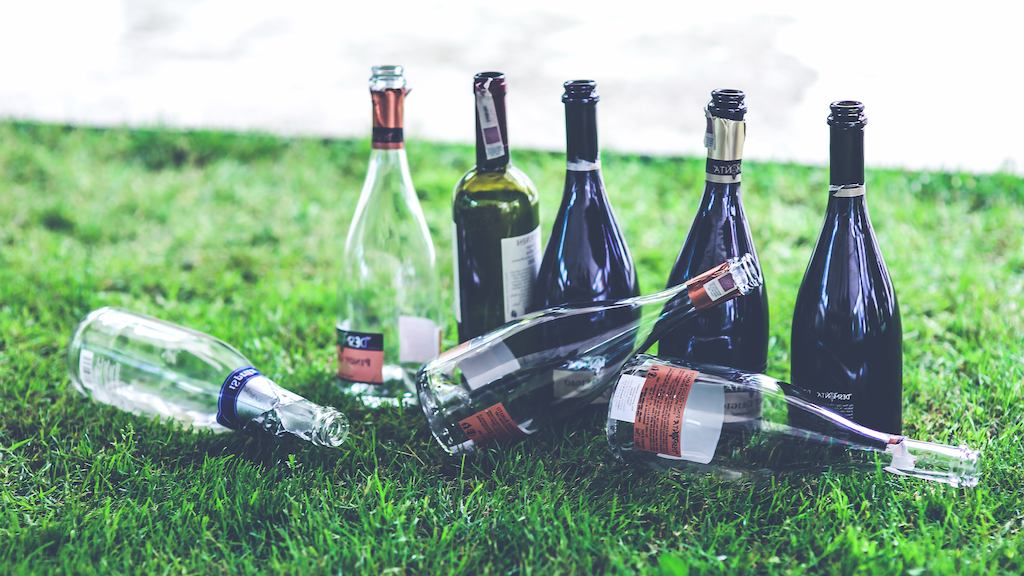Many older adults face individual, societal and system barriers when trying to seek help – 80% of increasing and higher risk drinkers have never been asked about their drinking by health professionals, families or friends. Some of this is down to ageist beliefs such as ‘having a drink is their only pleasure’ or that alcohol problems primarily affect younger people, however there can also be more direct age discrimination. Research found that 75% of alcohol rehabs on Public Health England's directory had an upper age limit, which is in breach of the Equality Act.
Health professionals may not recognise the signs of problematic use, putting these down to ageing which can lead to older adults being referred to care homes rather than for alcohol treatment. There may be practical or accessibility barriers around attending appointments or anxiety about attending an alcohol treatment service for the first time. Although the numbers of over 65s accessing alcohol treatment increased four-fold between 2005 and 2017, Drink Wise, Age Well has estimated that only 16% of those aged 65 and over with an alcohol dependency are in treatment.
Our survey also found that one in four older adults with an alcohol problem would not know where to get help, along with there being a level of stigma and shame. It is important that alcohol awareness information is made available in community settings and all barriers to seeking help are removed. Promotional materials should be age-inclusive and referring agencies should be made aware that older adults are as likely to benefit from treatment as any other age group

